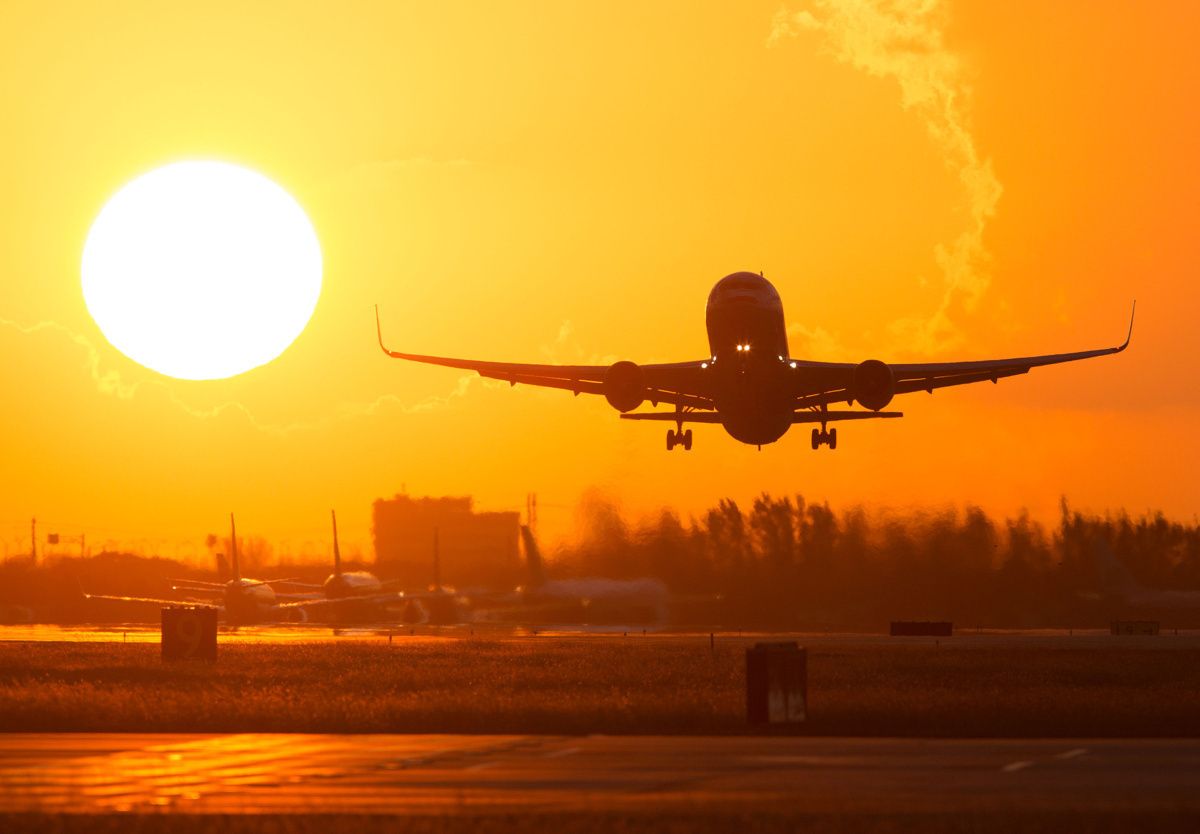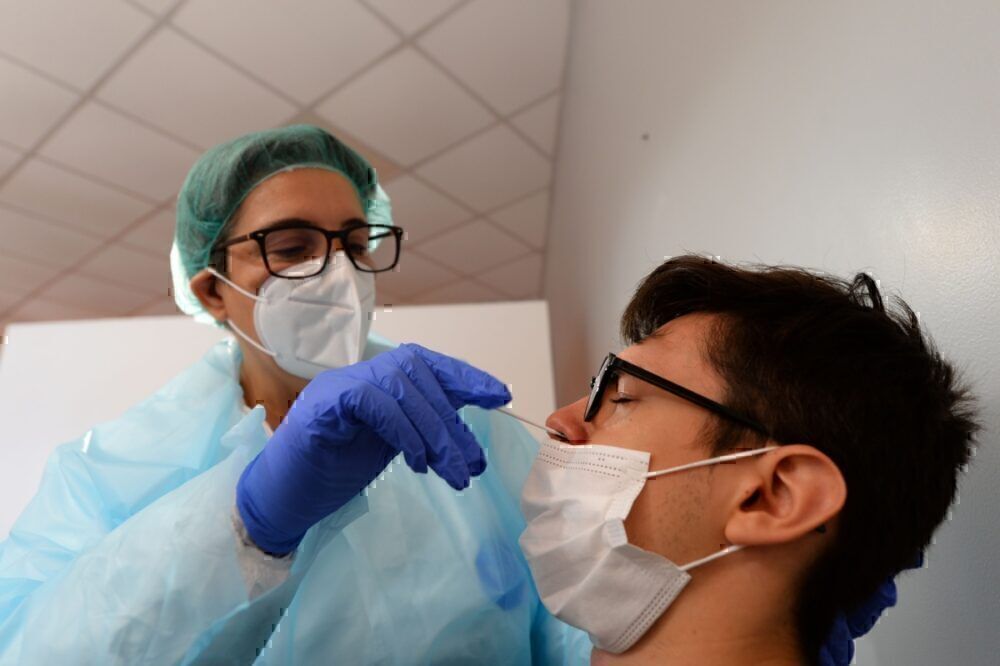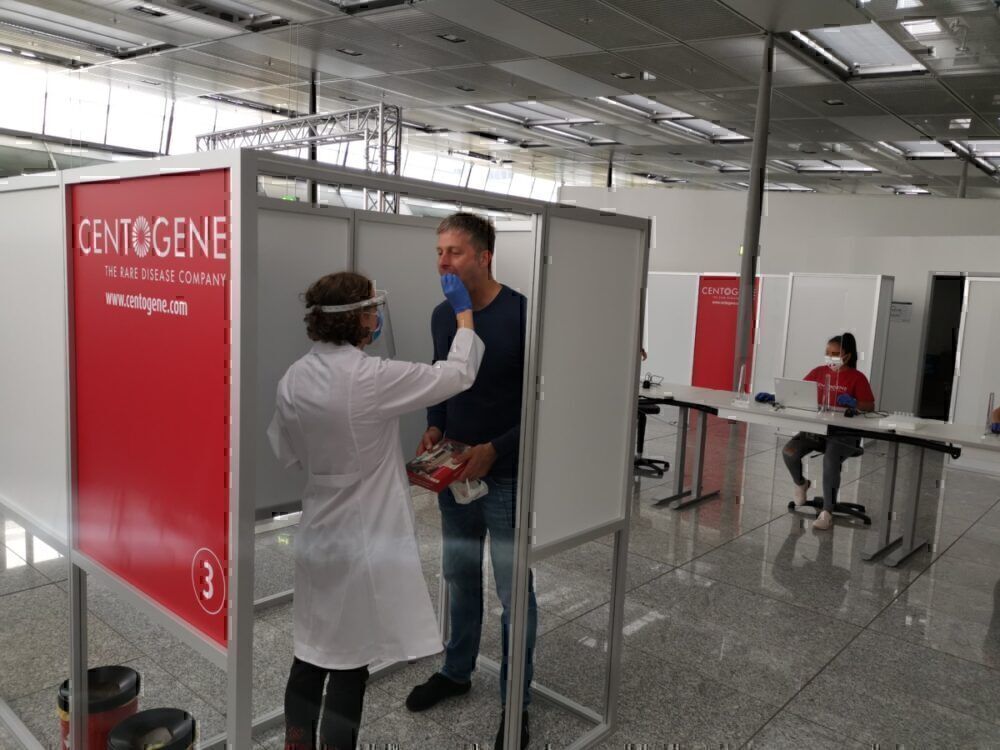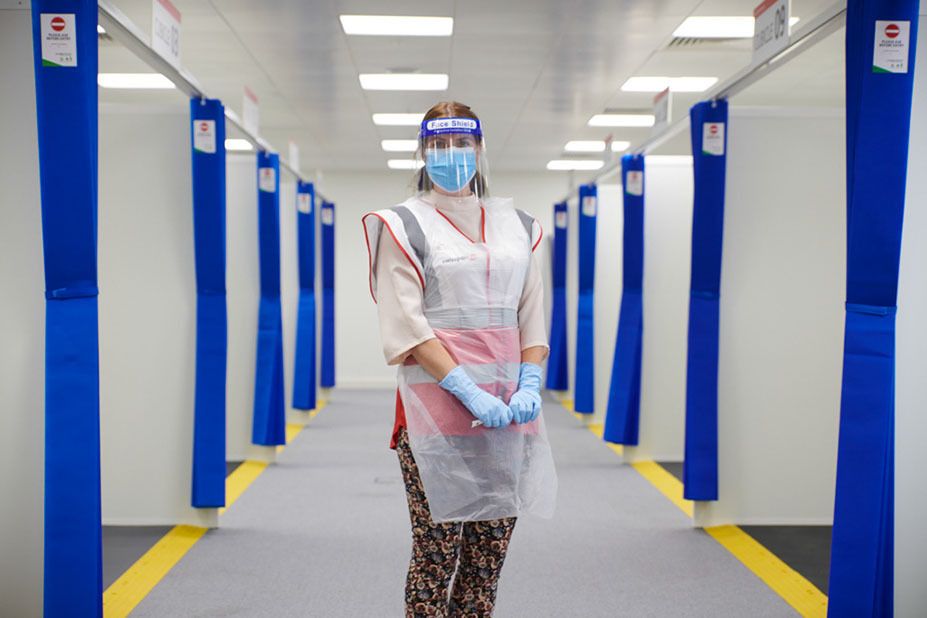Rapid COVID testing is fast becoming the front runner for the key to unlocking international travel. In time, COVID testing at the airport could become as common as airport security. However, to achieve that, more international cooperation is needed. Here's what the industry has to say on the subject.
Testing passengers before the flight is seen as the best way forward
Governments around the world are taking various stances with regard to COVID testing. Some want passengers to have a test days before flying; others want to test them on arrival. Many simply don't have the capacity or the willingness to test at all. However, within the industry, the ideal solution is clear.
Gloria Guevara Manzo is President and CEO at World Travel and Tourism Council. Speaking at today's World Aviation Festival, she noted that pre-flight testing was viewed as being the ultimate solution. She said,
“We believe that testing should be done before departure. But it needs to be a quick test, a reliable test, and one with high sensitivity. This will help us to increase the possibility of isolating the infected people.”
Paul Griffiths, CEO at Dubai Airports, agreed, saying that a solid pre-flight testing protocol could serve to enhance passenger confidence. He said,
“We need to have a pre-travel testing protocol, where a traveler is tested before the journey starts. I think we're only going to get traveler confidence back into the business if people know that every single person that they're going through the travel experience and sitting with on the aircraft have also been tested at least once.
"I think if we were to develop a medium of ensuring that those pre-travel tests are conducted in a proper and consistent way, then the need for testing on arrival is eased, and the need for an extended period of quarantine on arrival is also removed.”
With the right protocols in place, testing passengers for coronavirus could become just another part of the regular travel experience. Just as we came to accept scrutiny and limitations on bringing liquids onboard after 9/11, perhaps we'll also become accustomed to taking a rapid COVID test before we are allowed to board the plane.
Stay informed: Sign up for our daily aviation news digest.
Is widespread pre-flight testing realistic?
The first issue with rolling out widespread pre-flight testing of passengers is that the technology still has its limitations. Emirates attempted to undertake blood tests of all passengers pre-boarding earlier this year, but had to ditch the test after it was found to be inaccurate.
While Lufthansa's COVID testing facility is processing 2,000 passengers a day, it's not exactly an instant result. Fast track results are available in 2-3 hours, while most people's results take 4-6 hours to come back. It's a sterling effort by the German airline, but not fast enough to be a real pre-flight solution.
Aside from the lack of a viable test itself, one of the biggest hurdles to overcome will be the cooperation of governments around the world. Allowing a foreign government to test passengers before their flight requires a certain level of trust, something that is currently lacking across the globe.
Speaking about the ready-to-go test center at London Heathrow, the airport's Chief Executive John Holland-Kaye said,
“The only reason that we are looking at arrival testing is because that’s something that our government can do by itself, without the need for an international agreement. And we need to pursue both of these angles (arrival and departure testing) because we know that getting these international agreements is not going to be easy.”
Testing at both ends is the likely outcome
Although it would be almost nonsensical to test at both ends of the journey, it seems, in the short term, at least, to be the most realistic option. This way, the government controlling the airport from where the passenger is departing can be confident it is not sending infected passengers abroad. The government at the destination is similarly confident it is not allowing infected passengers into the country.
However, there is hope that, in the longer run, alignment will be found. Gloria Guevara Manzo related the current situation back to the post-9/11 environment, saying,
“While 911 was for the security officials, COVID is for the health officials … that knowledge and the lessons learned [from 9/11] should be shared with the medical community so that we can have this international framework and we can implement this international testing protocol that is very much needed.”
Would you be happy to take a COVID test before flying again? Let us know in the comments.




